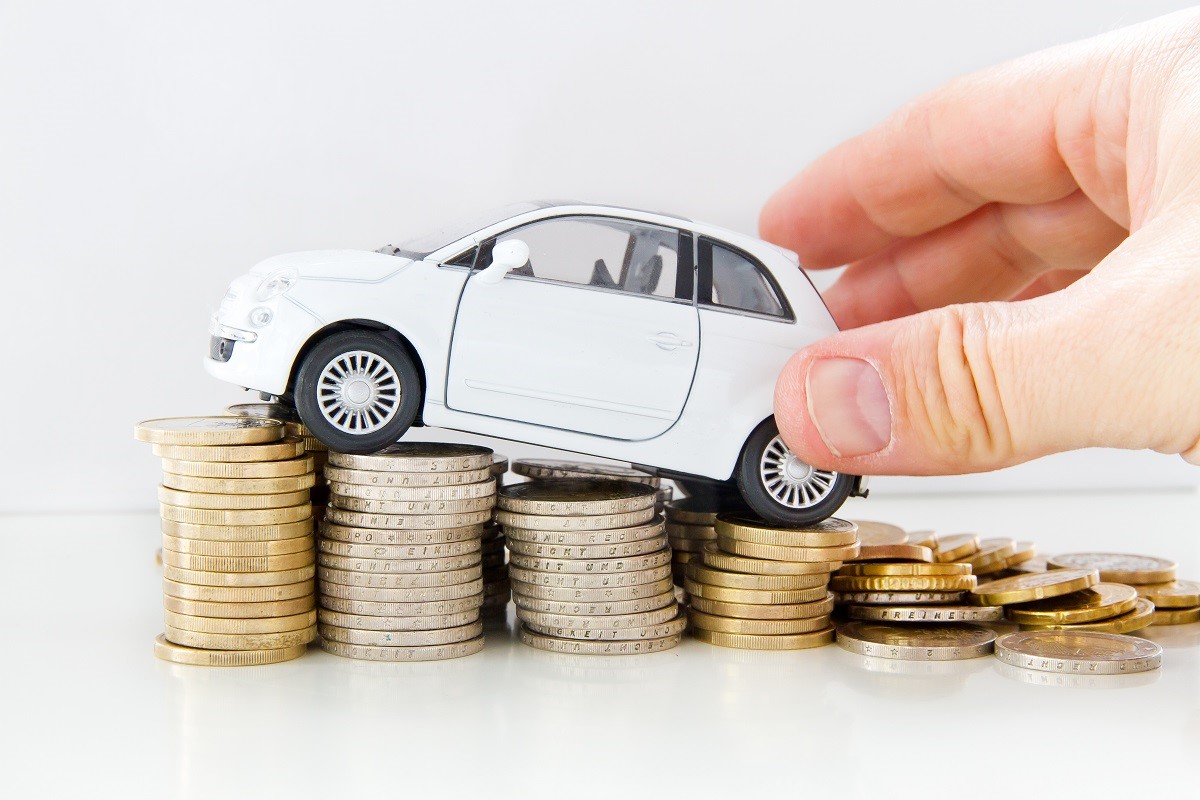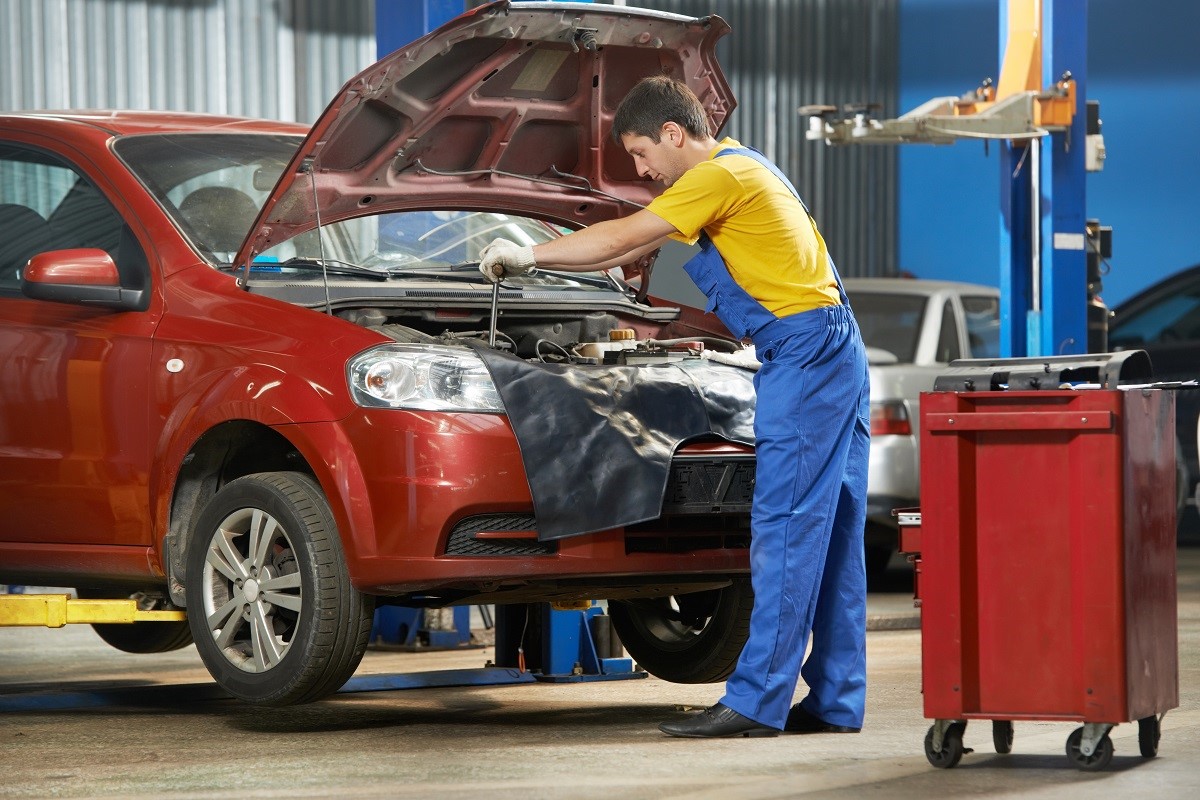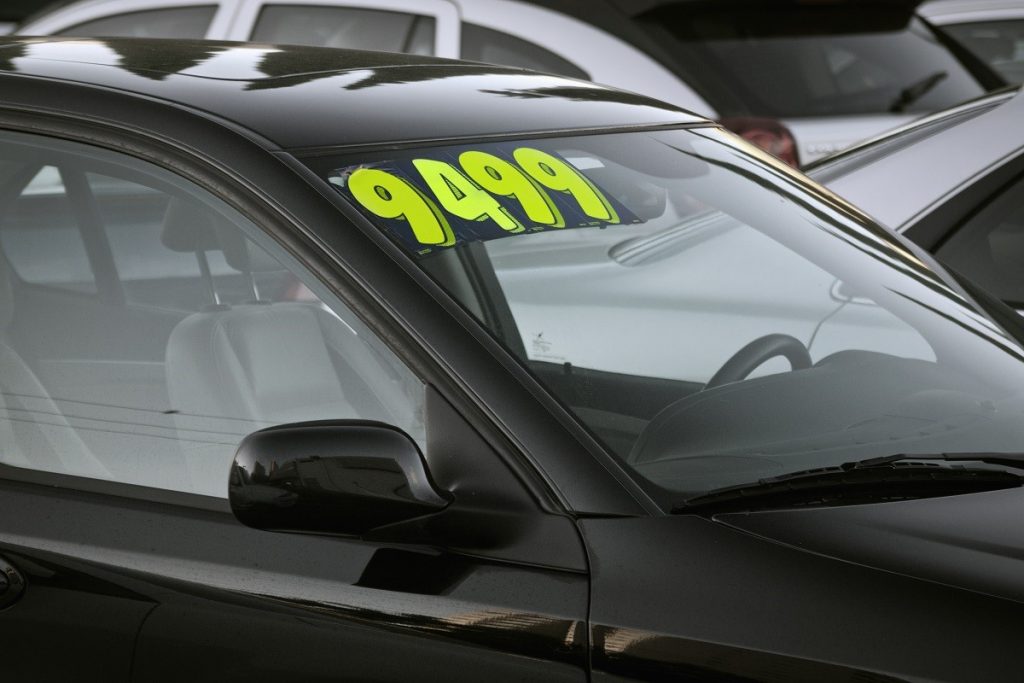Buying a car for yourself or your family is a huge investment. Over 92 percent of households in Australia have a car, showing that it may be a necessary purchase as many families prefer private cars over public transportation.
When buying a car, you often have two options: buy a brand new one from an authorised dealer or buy a second-hand or used car from someone you know, a car owner advertising online, or a used car dealer in your area. All these options come with their own pros and cons, but for many in the market, it all comes down to what’s practical for their finances.
For many, the option of buying a second-hand car is a much cheaper option, but is it a practical one? Here are the factors you should consider when buying a used car.
Price of a Car

Depending on the quality, a car of a certain model can cost up to 70 percent of the price of the same model in brand new condition. Unless it’s a vintage car in mint condition, cars are a depreciating asset, which means a used car will never be equal to or more expensive than its brand-new counterpart.
If we’re looking at the price of buying the car alone (the added costs of keeping and maintaining it are another matter we’ll talk about later), you save more buying a second-hand car. The price of a car can vary based on its age, mileage, and condition, but if you’re simply looking for a vehicle to take you from Point A to B, this shouldn’t be an issue.
Another advantage when buying a used car is that it’s much easier to pay the full amount when you buy a used car. Sometimes, paying in cash may be the only option if you’re dealing directly with car owners instead of dealers. This can allow you to skip paying interest and monthly instalments on a car loan.
Lower Car Insurance Payments
Plenty of factors can affect the cost of your insurance premiums (e.g. your driving history, value of the car, how much your car loan is). But if you’re getting a used car, you can expect that your premiums will be much lower because of the car’s lower value and reduced price.
However, if you’re considering buying car insurance on a used car, it’s important to note how old the car really is. While many insurance companies base the premiums on the car’s age and fair market value, by the time a car reaches 10 years old, its value is only a fraction of what it originally was, so they may not want to cover a vehicle that old.
So, again, if you’re looking for a car to get you from Point A to Point B and you’re not worried about insurance, buying a very old used car is possible. But if you want a car that can run for as long as possible, then you should opt for a new car (or at the very least, a used car that’s been used for only a year or two).
Preventative Maintenance

In our last article about paying for maintenance for used cars, we talked about how maintenance is still necessary even for used cars. It won’t improve the state of your car, but it can prevent your car from deteriorating faster than usual.
At one point, however, it may be possible that the costs of maintenance and repairs may exceed its value much faster compared to buying a brand-new car, depending on the quality, condition, and how well the previous owner treated the car. As a general rule of thumb, if repairs cost more than half of its current value, it may be time to get rid of the car in favour of a new one.
Is This Your First Time Car?
For the more frugal car buyers out there, it may be more practical to get a used car if this is going to be your first time driving on the road. Younger drivers and first-time drivers are more prone to getting into minor and major vehicle collisions. Getting a used car softens the financial blow in case of accidents. After all, the repairs (and the stress) for a scratch on an old Toyota is much cheaper than the repairs on a brand-new Mercedes.
Reselling Value

Because a car is a depreciating asset, a brand-new car’s value will drop significantly the moment you drive it out of the dealership. It drops even more during the first two years you own it. Even if you don’t go on long road trips and maintain it properly, a car’s value can drop by a few thousand dollars during that time. So, if you’re planning on keeping your car for the long haul, buying a brand new one is not a problem. But if you’re thinking about reselling in the near future, the best you can get is a huge difference compared to what you paid for the car.
When it comes to reselling a used car, however, the difference is much smaller. It’s the first owner that suffers most of the depreciation, so from the time you purchased the car from them to the time you sell that car, the depreciation isn’t that big.
Compromises
One of the disadvantages of a used car is that you can’t afford to be picky as much as those who buy new cars. When you buy a new car, it’s easy to pick out colour and added features because you know it’s new and the quality of the car’s performance doesn’t need to be compromised.
On the other hand, when buying a used car, colours and features like leather seats or upgraded sound systems have to take a back seat in favour of looking at the car’s history, condition, and performance. It’ll be an added cost if you want the extras, which kind of cancels out the whole reason you bought a second-hand car in the first place.
Don’t believe the misconception that all second-hand cars are beat-up lemons that you’ll never get your money’s worth. There are plenty of used cars in the market that are still in pretty good condition even if they don’t have that new car smell anymore. But it’s important to manage your expectations and know what to expect should you decide on getting a second-hand car, so you aren’t disappointed with the choices available to you.

